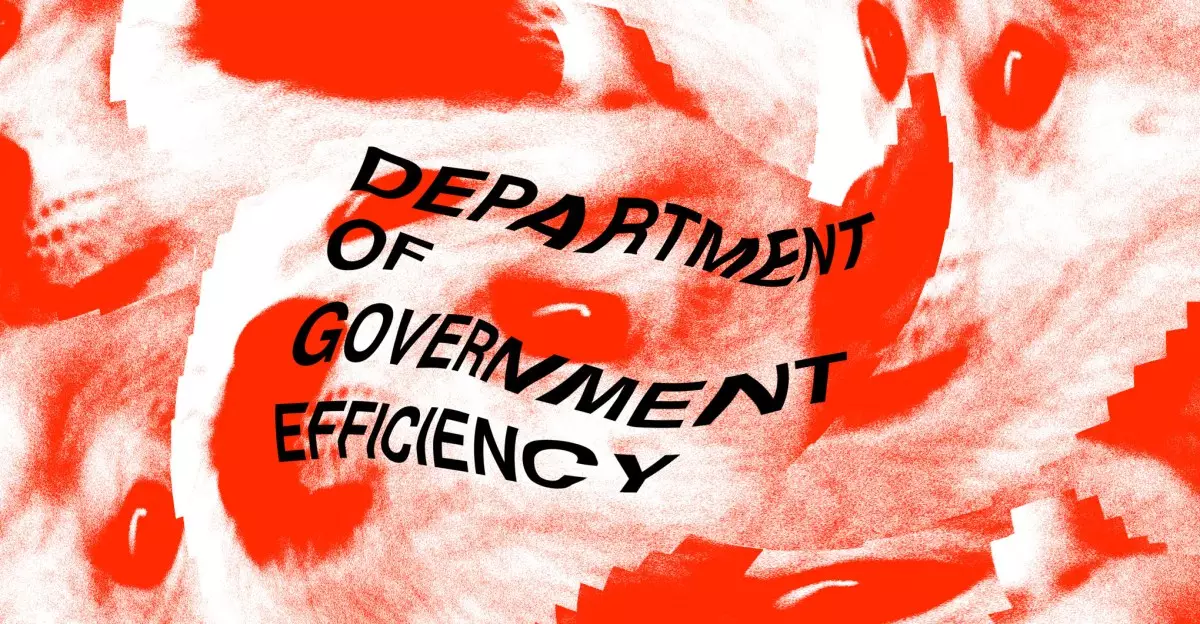In a bold leap towards modernizing federal operations, the Department of Government Efficiency (DOGE), under the direction of Elon Musk, is gearing up for an exhilarating hackathon to develop a ‘mega API’ for accessing Internal Revenue Service (IRS) data. As reported by Wired, this initiative aims to streamline the way third-party software interacts with IRS information, potentially revolutionizing how tax data is accessed and utilized. While such ambition is commendable, the feasibility of this endeavor raises numerous questions about governance, security, and technical prowess.
Challenging Timelines and Expert Skepticism
With a proposed deadline of just 30 days for API completion, the timeline has already faced significant skepticism from IRS employees, who warn that such haste could severely cripple operations. The notion that a group of engineers can overhaul intricate government data structures in less than a month is not just overly optimistic—it borders on reckless. For years, experts have contended that comprehending and structuring IRS data requires extensive knowledge of tax regulations and government operations, which DOGE appears to significantly lack.
Moreover, the involvement of Palantir, a company with a controversial history in data monitoring and government surveillance, has ignited concerns over privacy and ethics. Will this mega API merely act as a conduit for invasive data practices under the guise of improving efficiency? It prompts a critical examination of whether the pursuit of innovation in data access supersedes the imperative of safeguarding citizen privacy.
The Dynamics of Federal Innovation and Policy
The rapid ascent of DOGE highlights a wider trend within federal agencies where innovation is pushed to the forefront, often with little foundational understanding of the bureaucratic complexities involved. The urgency behind DOGE’s initiatives reflects a desire to marry technology with governance, yet it risks oversimplifying profound institutional challenges. Harnessing technology without a deep, systemic understanding can lead to detrimental consequences—undermining the very efficiencies these initiatives aim to create.
Additionally, efforts to lift restrictions on data access for figureheads like Gavin Kliger suggest a concerning potential for conflict of interest. Policymaking should not be dictated by tech entrepreneurs, whose motivations may not align with public interest. The recent interventions by lawmakers, notably Senator Ron Wyden, underscore the necessity for checks and balances in this technological race towards efficiency.
Future Implications and the Path Forward
While DOGE’s ambitions to create a mega API could herald a new era for government data accessibility, it is imperative to approach this task with both caution and due diligence. The complexities underlying IRS data extend beyond mere coding; they touch fundamental issues of governance, accountability, and ethical data handling. As this hackathon approaches, stakeholders must ask themselves: are we prioritizing rapid innovation over careful, considerate improvement?
If DOGE learns to integrate technical advancement with comprehensive governance strategies, it can possibly set a precedent for how government agencies can navigate the complexities of modern data landscapes. The promise of a more agile and responsive government is enticing, but without the right expertise and ethical considerations, it may lead to unintended repercussions that society will have to grapple with for generations to come.


Leave a Reply
You must be logged in to post a comment.